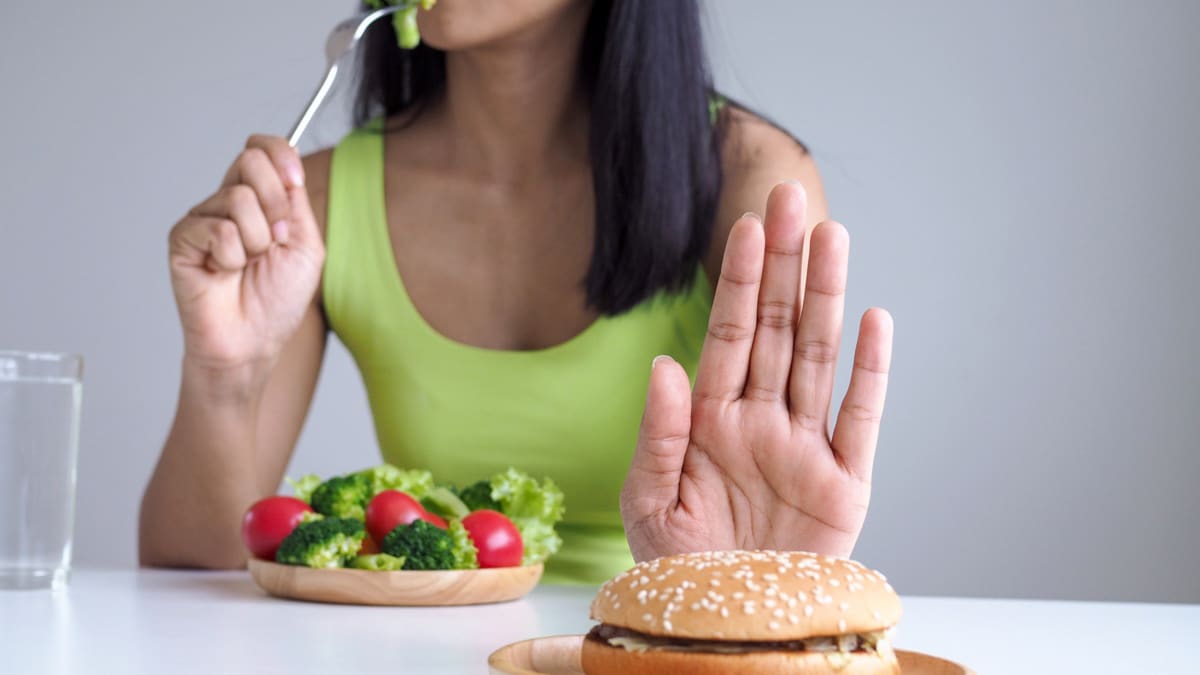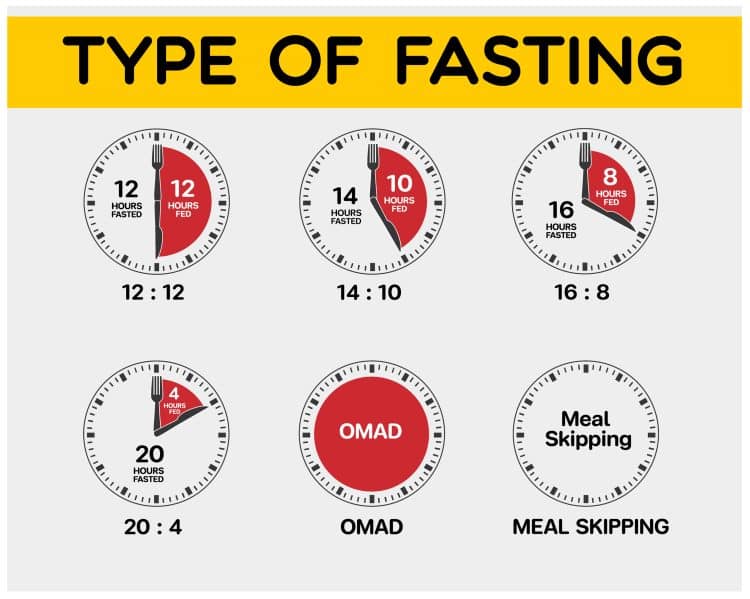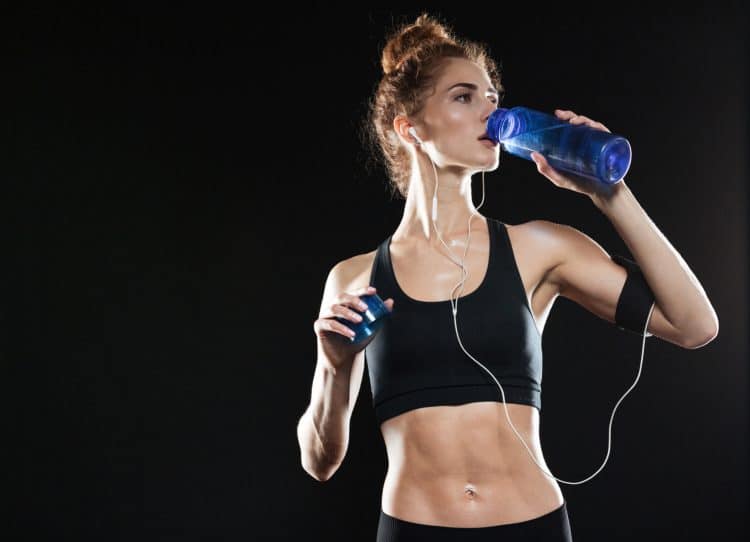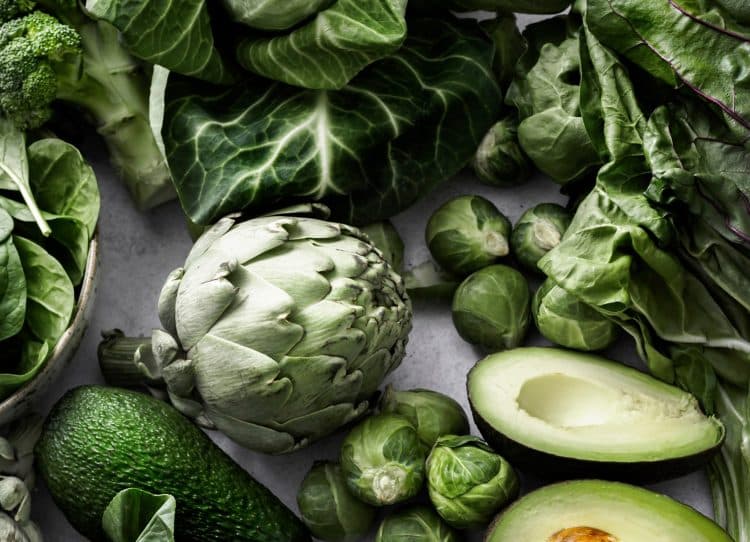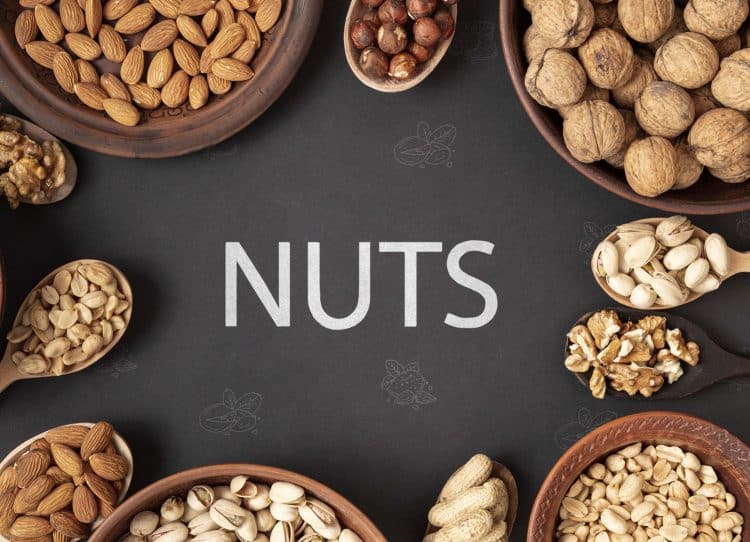Fasting has been an integral part of human life since ancient times. Human beings throughout the ages have been fasting for different reasons, be it because of the lack of food, as a religious or spiritual practice, or to cure certain diseases. Historical records suggest that in ancient Greece, the famous physician Hippocrates often recommended abstinence from food to cure several illnesses.
Over time, human beings have turned away from the art of fasting. It may be due to the abundance of food and the shift in the narrative around food. We are told to eat food more often and regularly, even when we don’t feel hungry. Some diets suggest that going without food for a prolonged period is almost criminal.
The gross mismanagement of food habits and a general lack of proper physical activity have led to obesity, one of the most prevalent health hazards in the 21st century. Studies suggest that obesity is the leading cause of several other serious health ailments like coronary artery disease, diabetes, stroke, and cancer. [1]
Medical professionals agree that obesity is a health hazard and must be dealt with systematically; and suggest several practices to tackle obesity, one of which is intermittent fasting. Intermittent fasting (IF) is a time-based fasting procedure proven to be highly effective in dealing with obesity and benefits many other health ailments. [2]
The Best foods to eat while intermittent fasting
The best foods to eat during intermittent fasting are eggs, fish, seafood, avocados, potatoes, green vegetables, whole grains, nuts, and fermented foods. Remember to drink water throughout the day.
What is Intermittent Fasting?
Intermittent fasting, in essence, is a time-based fasting method where you cycle between voluntary fasting and non-fasting over a given period. Intermittent fasts are generally “wet” fast, meaning people following the IF method are allowed to drink water during the fasting period.
Some of the most popular intermittent fasting methods are as follows:
- 16:8 hour fasting plan: In this particular plan, people eat within an 8-hour window and fast for the remaining 16 hours.
- 5:2 fasting plan: In this plan, you would eat for five days of the week and fast for the remaining two days.
- Alternate day fasting: Another popular intermittent fasting method encourages fasting on alternate days of the week.
- One meal a day fasting: The OMAD fasting regime allows you to eat just once during the day.
How Does Intermittent Fasting Work?
To better understand how intermittent fasting works, you need to understand what happens in the human body once the food is ingested.
Once you eat food, the insulin levels in the body spike. Insulin is responsible for burning and generating energy from the food you eat. Any excess energy is converted to glycogen and stored in the liver, which eventually transforms into fat and takes the shape of fat deposits in the body.
During the fasting state, the insulin levels dramatically drop, which signals the body to use up the stored glycogen in the liver. When this glycogen reserve is depleted, the body breaks down stored fat to produce energy and function normally. This process is known as ketosis. [3]
The main goal of intermittent fasting diets is to regularly attain the state of ketosis so that the stored body fat is burned and you lose the extra fat. In the past few years, intermittent fasting has become highly popular. It may be because intermittent fasting has shifted the emphasis from “what to eat” to “when to eat.”
Foods To Eat During Intermittent Fasting
Intermittent fasting focuses on eating and fasting in cycles. It doesn’t focus too much on what to eat during the eating window. However, it does not mean you can eat junk while intermittent fasting and expect good results.
Most dieticians and healthcare professionals recommend that a balanced diet filled with nutritious fruits and vegetables be eaten while practicing intermittent fasting.
Before we move on to food items recommended during intermittent fasting, let us talk about the essential functions of water during intermittent fasting.
Water
Water is rightly classified as an essential nutrient because it functions as a building material for the body and a solvent. It serves as a reactant for chemical reactions that occur in the body.
Additionally, water is a carrier of waste products and nutrients, a lubricant for the bones, and a shock absorber for the joints. So, drinking a good amount of water while intermittent fasting is an absolute must. Otherwise, you may suffer dehydration, which can lead to other complications. Folks who find it difficult to drink a gallon of plain water a day can add lemon or mint leaves to make it more interesting. [4]
Eggs
Eggs are considered to be a superfood, and rightly so. One hard-boiled egg white contains almost six grams of protein, which goes a long way in accounting for the daily protein requirement of an average person.
Eggs contain certain good fats and nutrients essential for the body. A recent study suggests that eggs are more filling than other carbohydrate-rich foods. As specific intermittent fasting techniques involve fasting for nearly 16 hours a day, eating nutritious and filling foods is critical. Also, eggs are super cheap, easy to cook, and one of the most versatile food items. [5]
Seafood
Seafood is another high-protein source that should be a part of your intermittent fasting diet. In general, chicken breast is considered to be the best form of animal protein, but what makes fish so much better is the omega-3 fatty acids present in fish. As a protein source, fish is a better alternative to chicken, and fish is much more delicious than plain old, dry chicken breasts. Also, it is an excellent source of vitamin D.
Green Vegetables
Fasting is difficult for most people because when you fast, your body craves junk food, which can lead to irregular bowel movements.
That is where green cruciferous vegetables like broccoli, Brussel sprouts, and spinach come to the rescue. Besides being vitamin and nutrient-rich, these veggies are a great source of fiber, which helps regulate bowel movements and keep you satiated. [6]
Legumes
For far too long, legumes have had a bad reputation because they are considered a source of carbohydrates. Many people who tend to watch their weight or follow intermittent fasting plans assume that carbohydrates are bad.
A balanced diet must include some form of carbohydrate. Lentils, legumes, and beans are excellent sources of carbohydrates for providing a burst of energy while fasting for long periods. Some studies suggest that chickpeas, lentils, and black beans may help lose body fat. It must be pointed out that you should keep checking your lentil intake as too many lentils and legumes can increase your carbohydrate levels. [7]
Whole Grains
Like legumes, whole grains are also considered an absolute no-no for people on a diet. Still, recent studies have found that unprocessed grains, i.e., the whole variety, are a great form of protein, fiber, and carbohydrates.
So including whole grains like oats, bulgur, millets, sorghum, etc., while intermittent fasting can be a great way to consume good-quality carbohydrates. Whole grains are also harder to break down by the body, meaning they stay in your system longer, making you feel full during those tough fasting hours.
Nuts
Nuts are essentially super seeds packed with many essential nutrients and fats. Most people tend to skip nuts since they are put off by their high calorie count and fat content. But according to dieticians, this is a big mistake as they contain good fats, which are required by the body, especially while fasting.
Nuts like almonds and walnuts are packed with vitamin D and antioxidants, which help boost immunity. Additionally, nuts can add a bit of crunch and flavor to boring salads.
Probiotics
These are not the most glamorous food items on the list, but they are certainly a necessary inclusion. Studies suggest that gut health is directly responsible for your overall well-being. Gut bacteria in the body must be healthy and happy at all times to feel good, and foods such as Greek yogurt, kefir, kombucha, and even kimchi contain a lot of good bacteria. So the next time you are intermittent fasting, include some probiotics to promote gut health. [8]
We have briefly discussed how intermittent fasting works and the foods you can include in your intermittent fasting routine.
Now let’s discuss the side effects attributed to intermittent fasting:
- People with diabetes should avoid intermittent fasting since the sudden insulin spike when the fast is broken and the fall of the insulin level while fasting can cause hypoglycemia and hyperglycemia.
- Athletes tend to lose muscle mass while intermittent fasting.
- The fasting period might make some people irritable.
- It can cause headaches and lethargy.
It is better to consult a healthcare professional and assess the pros and cons of intermittent fasting before beginning a fast.
Frequently Asked Questions
1. Can I Exercise While Intermittent Fasting?
It is perfectly normal to exercise while on a fast. Some studies suggest that working out before breaking the fast is ideal since it promotes weight loss. People can also exercise during the eating window and still experience similar results. It all depends on what makes the exercise experience better for you. [9]
2. Will Eating Medicine During Intermittent Fasting Invalidate The Fast?
Technically, a fast is broken when food spikes your insulin levels. Most medicines don’t trigger an insulin response in the body and will not invalidate the fast. [10]
3. How To Manage Hunger Pangs While Fasting?
Fasting can tax the mind and body, especially when you get hunger pangs. To avoid these, you must make sure to eat a balanced diet filled with foods rich in fiber and complex carbohydrates, making you feel fuller for longer. You can have zero-calorie drinks like unsweetened tea and coffee to manage your hunger pangs.
In Conclusion
Intermittent fasting, if done correctly, can be a great tool to fight obesity and other weight-related issues. To get the best results from intermittent fasting, you should eat a balanced diet that includes the food items discussed above and exercise regularly.
The food items mentioned in this article will help you comfortably get through the fasting period by providing nutrients and energy to the body. To avoid complications, people interested in intermittent fasting must consult a medical or health professional before starting such diets.
References
- Pi-Sunyer, Xavier. “The Medical Risks of Obesity – PMC.” PubMed Central (PMC), www.ncbi.nlm.nih.gov/pmc/articles/PMC2879283. Accessed 28 Sept. 2022.
- Morales-Suarez-Varela, María, et al. “Intermittent Fasting and the Possible Benefits in Obesity, Diabetes, and Multiple Sclerosis: A Systematic Review of Randomised Clinical Trials – PMC.” PubMed Central (PMC), 13 Sept. 2021.
- Mattson, Mark P., et al. “Impact of Intermittent Fasting on Health and Disease Processes – PMC.” PubMed Central (PMC), 31 Oct. 2016, www.ncbi.nlm.nih.gov/pmc/articles/PMC5411330.
- “Water as an Essential Nutrient: The Physiological Basis of Hydration – PubMed.” PubMed, 1 Feb. 2010, pubmed.ncbi.nlm.nih.gov/19724292.
- “Consuming Eggs for Breakfast Influences Plasma Glucose and Ghrelin, While Reducing Energy Intake during the next 24 Hours in Adult Men – ScienceDirect.” Consuming Eggs for Breakfast Influences Plasma Glucose and Ghrelin, While Reducing Energy Intake during the next 24 Hours in Adult Men – ScienceDirect, 18 Mar. 2010, www.sciencedirect.com/science/article/abs/pii/S0271531710000035?via%3Dihub.
- Yanaka, Akinori. “Daily Intake of Broccoli Sprouts Normalizes Bowel Habits in Human Healthy Subjects – PMC.” PubMed Central (PMC), 3 Nov. 2017, www.ncbi.nlm.nih.gov/pmc/articles/PMC5773831.
- “The Role of Pulses in Satiety, Food Intake and Body Weight Management – ScienceDirect.” The Role of Pulses in Satiety, Food Intake and Body Weight Management – ScienceDirect, 5 Apr. 2017, www.sciencedirect.com/science/article/abs/pii/S1756464617301615?via%3Dihub.
- Hemarajata, Peera, and James Versalovic. “Effects of Probiotics on Gut Microbiota: Mechanisms of Intestinal Immunomodulation and Neuromodulation – PMC.” PubMed Central (PMC), www.ncbi.nlm.nih.gov/pmc/articles/PMC3539293. Accessed 28 Sept. 2022.
- Zouhal, Hassane, et al. “Exercise Training and Fasting: Current Insights – PMC.” PubMed Central (PMC), 21 Jan. 2020, www.ncbi.nlm.nih.gov/pmc/articles/PMC6983467.
- Moore, Robert Andrew, et al. “Effects of Food on Pharmacokinetics of Immediate Release Oral Formulations of Aspirin, Dipyrone, Paracetamol, and NSAIDs – a Systematic Review – PMC.” PubMed Central (PMC), 17 Mar. 2015.
